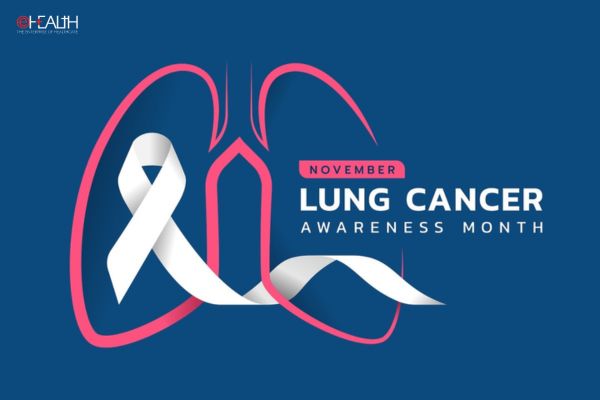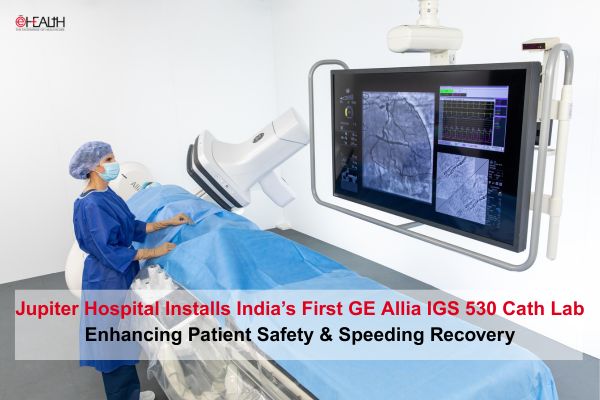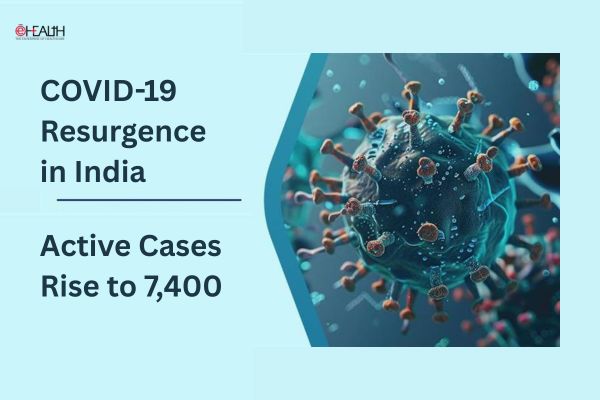
Lung cancer, a leading global health challenge, accounts for approximately 2.2 million new cases annually, contributing to 18% of all cancer-related deaths, according to the International Agency for Research on Cancer. In India, lung cancer remains a major cause of cancer mortality. However, advancements in precision oncology, particularly genetic profiling, are reshaping the treatment landscape by offering personalized care tailored to individual genetic profiles.
In recognition of Lung Cancer Awareness Month this November, Metropolis Healthcare, a premier diagnostic chain in India, unveiled key findings from a seven-year research study (2015-2021) examining molecular and clinicopathological aspects of lung cancer. This extensive research analyzed data from over 3,200 lung cancer patients, focusing on genetic mutations critical to non-small cell lung cancer (NSCLC) treatment.

Key Highlights of the Study
- Patient Demographics:
- Of the analyzed tissue samples, 83% were adenocarcinoma cases (a common NSCLC type) and 17% were squamous cell carcinoma (affecting lung airways).
- Both subtypes were most prevalent in individuals over the age of 60.
- Genomic Alterations:
- EGFR Mutations (29.1%): Mutations in the Epidermal Growth Factor Receptor (EGFR) gene were prominent, particularly in exons 19 (65.6%) and 21 (32.1%).
- ALK Rearrangements (7.8%): Alterations in the Anaplastic Lymphoma Kinase (ALK) gene were commonly found in younger patients with equal gender distribution.
- ROS1 Rearrangements (3.5%): Changes in the ROS1 gene were identified, making them critical targets for therapies.
- Demographic Insights:
- EGFR mutations were more frequent in female and younger patients.
- ALK positivity was also higher among younger patients, showcasing balanced gender prevalence.
Implications for Treatment
Molecular markers such as EGFR, ALK, and ROS1 are pivotal in determining targeted therapy options for NSCLC. Approved drugs for these genetic alterations are improving survival rates and enhancing the quality of life for patients. The study emphasizes the role of Next-Generation Sequencing (NGS) in diagnosing actionable mutations and broadening treatment possibilities through comprehensive 50-gene panels.

Speaking on the significance of the research, Dr. Kirti Chadha, Chief Scientific and Innovation Officer at Metropolis Healthcare, stated, “Understanding genetic mutations in lung cancer is crucial for guiding personalized treatments, whether through surgery, medication, or chemotherapy. Precision medicine, supported by molecular profiling, allows clinicians to tailor therapies to each patient’s genetic profile, significantly enhancing the effectiveness of NSCLC care.”


Global Perspectives and Future Directions
The findings align with international guidelines such as the 2017 NCCN guidelines, which identified ALK, ROS1, and EGFR mutations as key markers for targeted therapy. Building on these recommendations, the 2023 ESMO guidelines expanded the biomarker focus to include BRAF, RET, MET, NTRK, HER2, and KRAS G12C, leveraging advanced DNA and RNA sequencing technologies.
Metropolis Healthcare’s study underscores the growing role of molecular diagnostics in advancing oncology. By expanding their mutation detection capabilities, the organization reaffirms its commitment to global standards and improving patient outcomes.
This landmark research highlights the transformative potential of precision oncology and paves the way for more personalized, effective treatments for lung cancer patients in India and beyond.
Be a part of Elets Collaborative Initiatives. Join Us for Upcoming Events and explore business opportunities. Like us on Facebook , connect with us on LinkedIn and follow us on Twitter , Instagram.
"Exciting news! Elets technomedia is now on WhatsApp Channels Subscribe today by clicking the link and stay updated with the latest insights!" Click here!
















